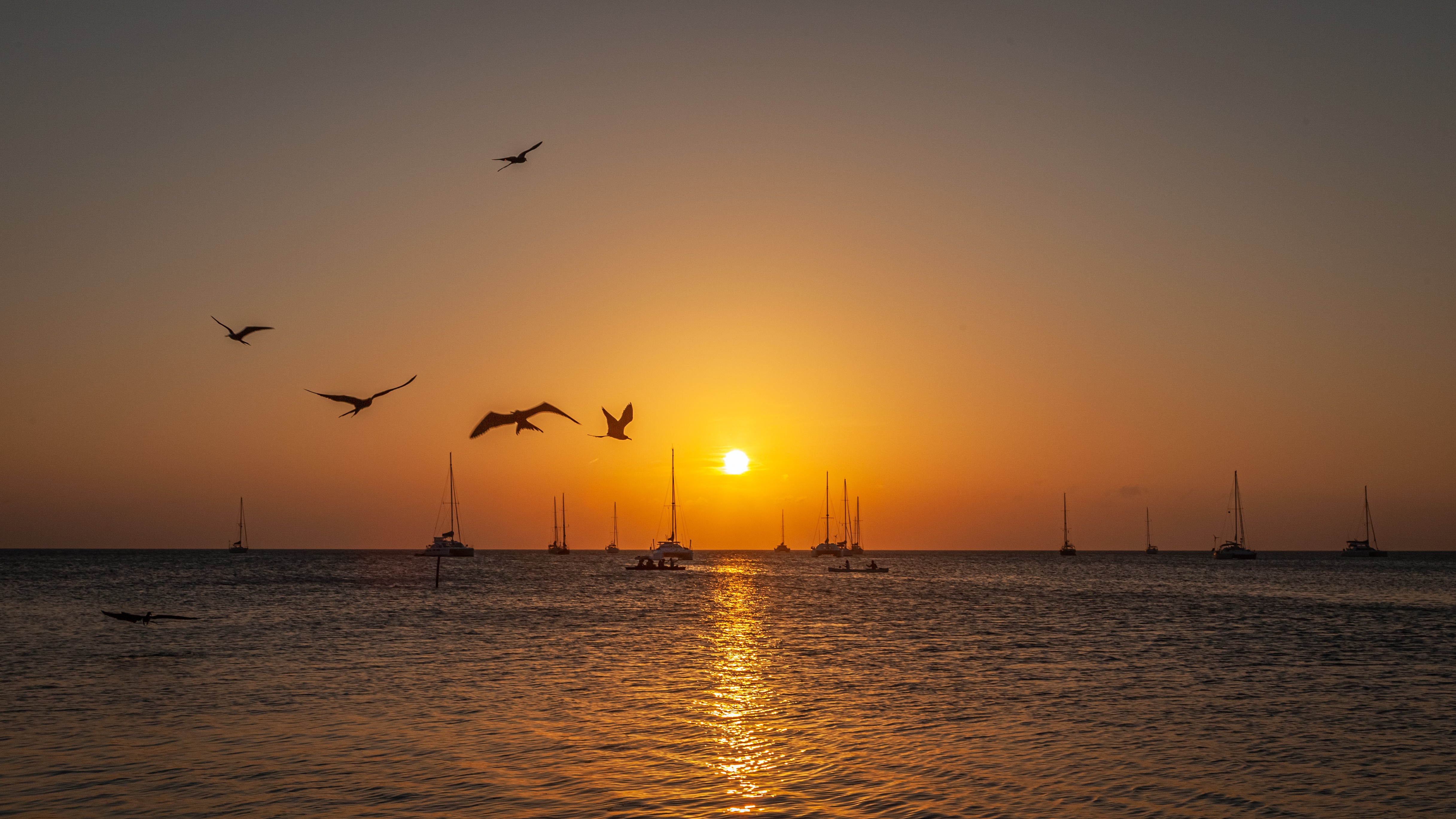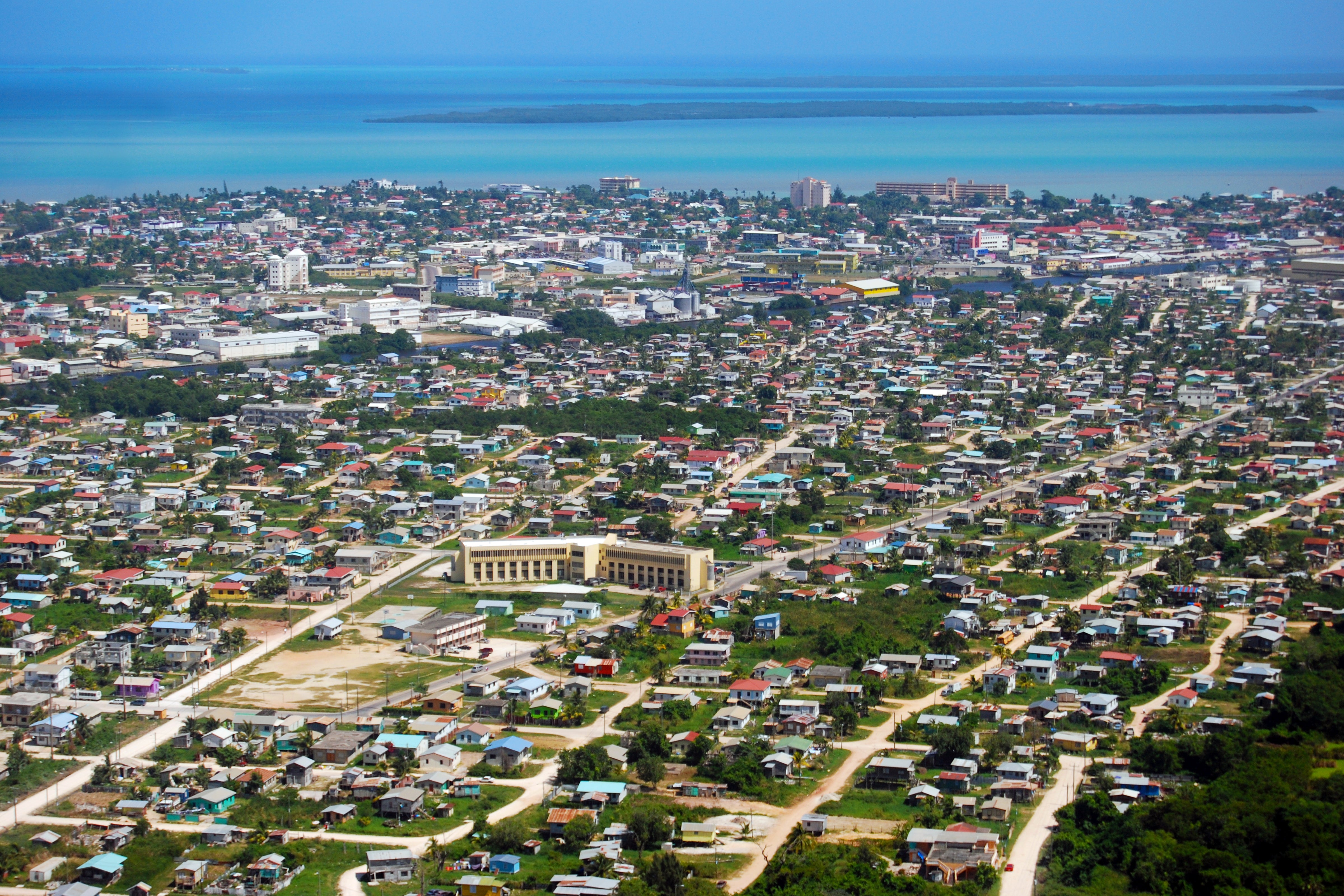Trouble in paradise: High-profile death reveals underbelly of Belize idyll
A lesser-seen side of life in the Central American country has been glimpsed in the past few days, reports Chris Havler-Barrett from San Pedro

Belize has long been considered a quiet corner of Central America, home to both the super-rich and the quiet, relatively harmonious Belizean people. The undeveloped cays, permanent sunshine and historical ties to Britain have meant that those seeking isolation, luxury and nature have been attracted to its pristine shores.
While geographically part of Central America, Belize feels much more Caribbean than Latin – thanks to the fact that English is the national language. Unlike the Caribbean, however, Belize boasts lush rainforests, mountains, and the kind of wide-open spaces that are harder to find on the cramped tourist destinations of neighbouring islands.
But behind the beauty of this natural paradise, there is a second, lesser-seen side to Belize.
The town of San Pedro, with its sprawling luxury developments, stunning beaches and vibrant party scene, presents a stark contrast to the streets of mainland Belize, where cramped housing and twisting roads mark divisions between gang territories.
While the mysterious circumstances surrounding the death of police superintendent Henry Jemmott and the subsequent arrest of socialite Jasmine Hartin have shocked the world, and put Belize at the centre of an international media storm, the real threat to the island is from the influx of drugs making their way north, from Colombia to the United States.
Drugs have always played a role in Belize: the most popular local drug, cannabis, has been decriminalised since 2017, with users being allowed to possess up to 10 grams. In the areas of the country more popular with expats and eco-tourists, however, the drug of choice is cocaine.
Most of the cocaine that makes its way through Belize is headed to Mexico. As Belize only has a population of a little over 400,000, local demand is relatively low, so supplies either go to wealthy districts, such as San Pedro, or are moved onwards to distribution networks in Mexico.
Despite the small population, cocaine has become more popular than ever in recent years as the increased supply has resulted in a price crash. The demand for cocaine has trigged a gang war in the poorer districts of southern Belize City, and the rising struggle for control has dragged the country’s drug battles out of the shadows and into the spotlight.
Tek is a drug dealer operating across Belize City. He is highly intelligent, and it did not take him long to realise that there was significantly more money to be made by selling drugs than by working.
“The drug game in Belize is absolutely crazy,” he tells The Independent. “A plane landed not too long ago in the peninsula; today they found two Mennonites and a Belizean [in] possession of 7kg of coke, all the way in Corozal, 200 miles away.”
Drug flights from Colombia, headed for Mexico or the southern United States, often land in Belize. Last week, an aircraft carrying a significant quantity of cocaine crashed in the sea off the coast of the peninsula. The pilot had wanted to land the plane in the town of Riversdale, but, according to local outlet 7 News, was deterred by the presence of law enforcement, and decided instead to ditch it in the shallow coastal waters.
The aircraft was found completely stripped. The fuselage had been removed from the wreck by the time authorities arrived, and its whereabouts – and the whereabouts of the cocaine it was carrying – are still unknown. For every reported landing, there is another that goes unnoticed; a steady stream of drugs making its way through the tropical paradise.
“Once it [the missing cocaine] starts getting out, it’ll be a bloodbath,” says Tek. “We had last month – I think it was 19 murders in 19 days. It’s a big cycle – retaliation.”
News reports are testament to this vicious cycle, as it plays out in gruesome murders all over Belize. “When they retaliate, it don’t matter if it’s women, kids, elderly... [they] have zero care about gender or age,” says Tek. According to the US State Department, Belize ranks among the top 10 nations in the world for murders – around 40 in every 100,000 people are killed in Belize each year.
The retaliations are not just against individuals in the drugs trade, either. Last month, Raymond Garcia and Wayne Peteau were shot in the notorious George Street region of Belize City. Neither Garcia nor Peteau had any ties to local gangs, but they were considered fair targets as they were in rival territory.
These killings have increased in frequency of late, but Tek says they are nothing new. “It’s only been brought to the public recently, but it’s been a part of the culture for many years.”
Even the police take their cut of the trade. “I once got stopped by the police and found in possession of four grams of coke,” Tek explains. “He took it, plus $40, and let me walk. That’s $400 on the streets, which is still mad cheap but it’s almost 2 weeks’ salary.”
In a country where the minimum wage is $3.30 (£1.16) per hour, the temptation to turn to crime to make ends meet is constant. “You see why people would risk freedom turning $650 into $2,800,” says Tek. Police are no exception to this, with a starting wage of around $300 BZD (£105) per week.
“Who needs a 9-5, right?”
While it is not just Belize that is suffering from the increased frequency of trafficking flights, the relative tranquillity and isolation that have defined the country until now mean the threat is one that local authorities are ill-equipped to face.
The US government cites “ineffective law enforcement and judicial institutions” as a key problem, and claims that the government in Belize is “unable to dedicate sufficient prevention resources to sustainably reduce rates of crime and violence”. The results are plain to see.

The drugs trade has permeated all parts of society. The deputy leader of the opposition United Democratic Party, Hugo Patt, has denied involvement after his nephew was found with nearly 29kg of cannabis in May. The vehicle used to transport the drugs was registered in Patt’s name.
In a written statement to the press, Patt denied any role in the trafficking. “I completely and strenuously denounce the trafficking of any illegal drugs. I am fully cognisant of the devastating impact of drugs on our society and would never, ever condone or participate in [their] distribution.”
Despite the problems facing Belize, Tek is sanguine about life on the coast. “Belize is a beautiful place, man. Great people. Low cost of living. Like everywhere else, it has its good and its bad.” Until steps can be taken to bring the violence under control, however, Belizeans may struggle to enjoy everything their stunning homeland has to offer.
Join our commenting forum
Join thought-provoking conversations, follow other Independent readers and see their replies
Comments